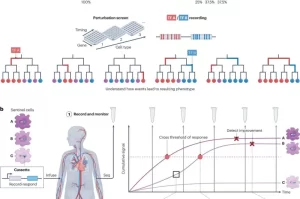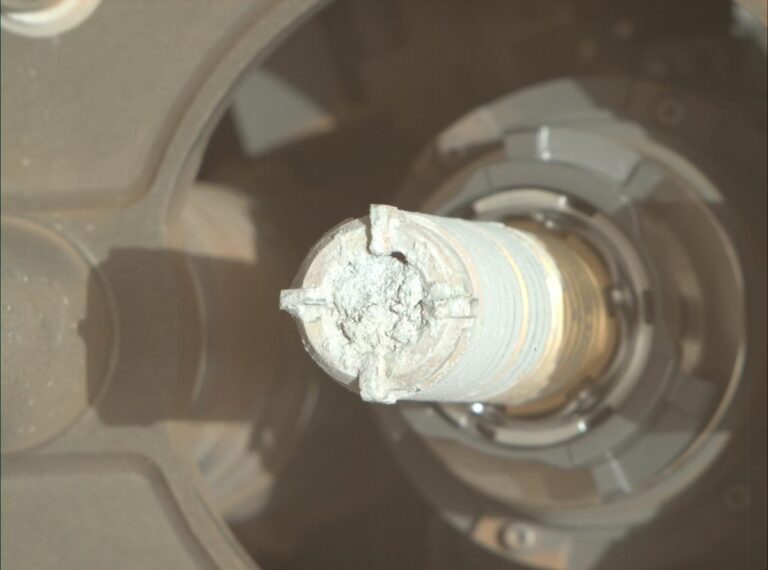Understanding what makes us unique as individuals has long been a topic of fascination. Now, robotics is offering fresh insights into the complexities of human identity and self-awareness. Robots, as physically embodied actors, provide a unique platform to test theories about human cognition and social behavior.
Robots as Tools for Social Psychology ExperimentsRobots are increasingly being used in psychological studies to explore how humans interact with entities that mimic social behavior. These experiments often involve robots displaying capacities like communication through language or joint attention.
Such setups allow researchers to investigate whether humans perceive robots as social beings and whether they attribute similar mental states to robots as they do to other people.For example, research by Wykowska’s group at IIT has demonstrated that humans sometimes develop a sense of “joint agency” with robots, particularly when they work together as a team and when the robot is seen as an intentional agent.
This sense of shared responsibility and collaboration provides valuable insights into how humans relate to non-human agents.Linking Human Development to Robotic IntelligenceThe study also draws parallels between the development of a sense of self in humans and the potential for replicating some of these features in robots. By the age of four, children develop an understanding of themselves as continuous beings and recognize others as individuals with their own identities.
To emulate this in robots, researchers are exploring the creation of memory systems that mimic human autobiographical memory. While still in its infancy, this work aims to help robots achieve a form of self-awareness, allowing them to recognize themselves as entities that persist over time and perceive others as autonomous beings.Future Directions and ChallengesOne promising avenue for robotics is its potential to deepen our understanding of the human sense of self, particularly in cases where it is disrupted by conditions such as schizophrenia or autism.
By studying how robotic systems can simulate or replicate elements of self-awareness, researchers hope to uncover new insights into the fundamental components of identity and consciousness.Although the field is still evolving, robots are proving to be powerful tools for unraveling the mysteries of what makes us who we are. These advancements not only enhance our understanding of humanity but also pave the way for creating robots that can better interact with and understand the people around them.

















+ There are no comments
Add yours